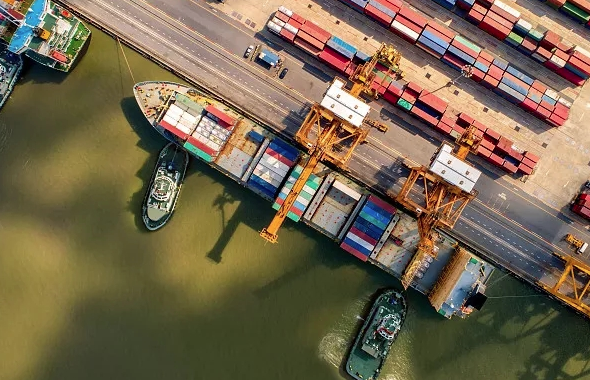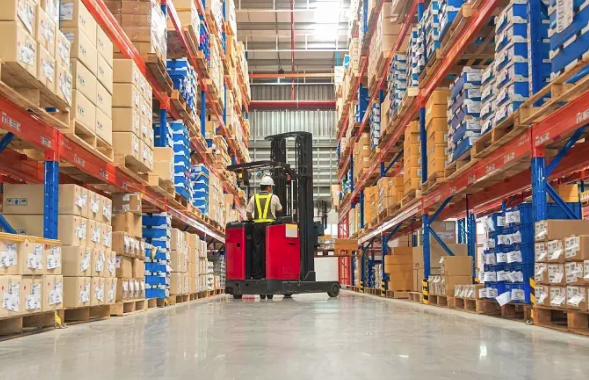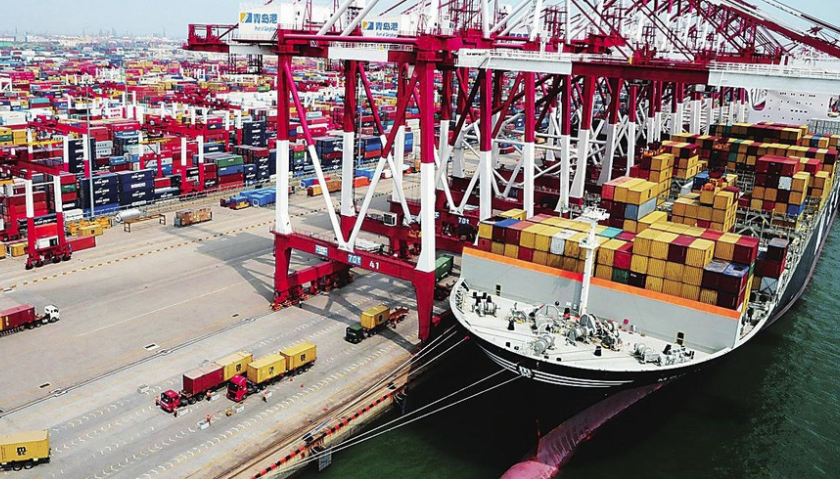Although the freight forwarder's fees are based on their own costs and profits, they all have the same standard. The charging standard is the price given by the shipping company. The freight forwarder increases some profits on the cost price, and the price given to the shipper is based on this standard. However, each shipping company has given different prices, so let's have a look at the specific standards!
1、 Charge standard of first-class freight forwarding company
A first-class freight forwarding company refers to a company with which a shipping company or freight forwarding company directly signs a first-line contract and gives the other party fixed shipping space and lower price. The charging standard of the first-class freight forwarder is mainly the price provided by the shipping company, which is adjusted with reference to the market price and profit margin.
2、 Charging standard of secondary freight forwarding company
Secondary freight forwarding companies generally refer to freight forwarding companies that have not directly signed contracts with shipping companies, have no fixed shipping spaces and lower prices. The second tier freight forwarder generally cooperates with the first tier freight forwarder and takes the price provided by the first tier freight forwarder as the standard. Since the profit margin of secondary freight forwarders is relatively small, in order to make more money, they often raise prices, resulting in uneven prices in the industry.
3、 Charging standard of shipping company / freight forwarder
As the basis of market pricing, the prices of shipping companies and freight forwarders are generally priced according to the quantity of goods, labor costs, oil prices, maintenance costs and other costs. In order to understand the basic pricing in the market, the owner can go directly to the official website of the shipping company or freight forwarder, but not all owners can directly deal with the owner or freight forwarder at a lower price. If the owner has a large quantity of goods and a fixed delivery period, they can cooperate with the shipping company or freight forwarder. But in most cases, finding first-class freight forwarder cooperation is the way to save freight.
Generally speaking, the freight includes: the customer should pay for the freight forwarder's movement, storage, insurance, insurance, visa, processing documents, etc., and provide other services and all costs. Because the freight forwarder cannot control other expenses, the contract will not be performed. If the loss or damage of the goods falls within the scope of the insurer's contract, the freight forwarder shall obtain the right of subrogation from the owner of the goods and obtain compensation or repayment from other responsible persons after compensation. When the freight forwarder fully compensates for the goods, the ownership of the goods is transferred to the freight forwarder.
Sea freight is generally calculated in US dollars, but it depends on the specific situation. For example, if the customer has an office or branch in China, the office or branch will settle in RMB, container trailer fees and dock charges. Freight forwarding charges include a wide range of charges, which are different from national standards. When paying the freight agency fee, some shippers will pay all the fees in advance, and some will only pay after the freight arrives, but they need to pay a certain deposit. For consignors, the deposit shall be paid first. The charges of South China terminal are divided into reservation fee, customs declaration fee, document fee, issuance of commercial inspection certificate, emergency fuel surcharge, safety fee, bill of lading discharge, equipment management fee, marine insurance fee, etc.









